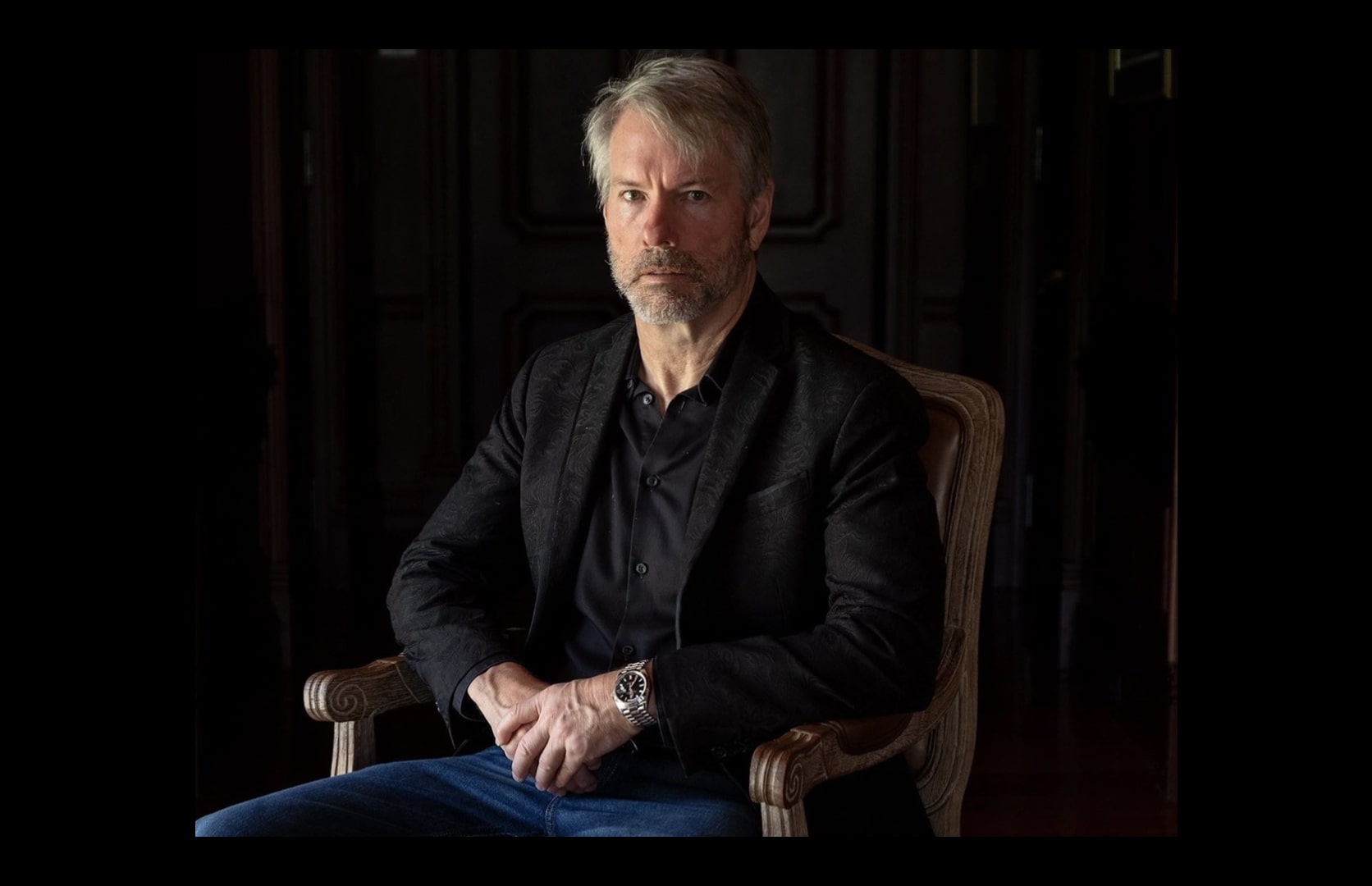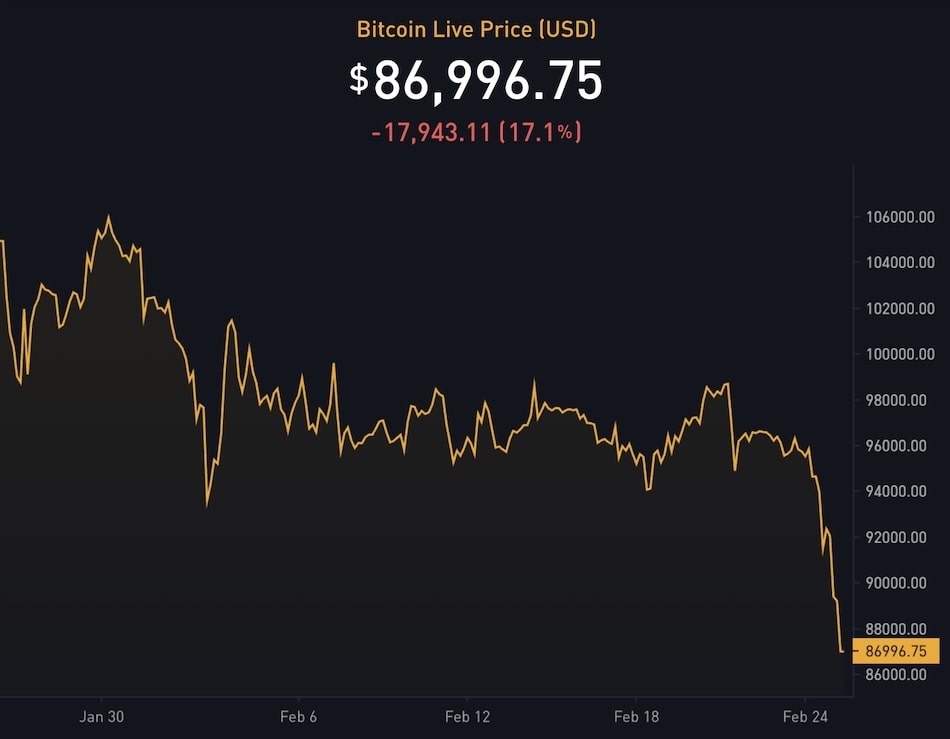
Key Takeaways
- Montana, North Dakota, and Wyoming recently rejected Bitcoin reserve bills.
- Lawmakers cited concerns over taxpayer risk and speculative investments.
- Arizona and Utah continue to advance proposals allowing state investment in Bitcoin.
In recent weeks, three U.S. states—Montana, North Dakota, and Wyoming—have voted down bills aimed at creating state Bitcoin reserves, despite heightened federal enthusiasm under President Trump.
Concerns over speculation and taxpayer risk have driven these rejections.
Montana’s decision
In Montana, House Bill 429, which proposed investing public funds into digital assets, precious metals, and stablecoins, was defeated 41-59.
Representative Steven Kelly opposed the measure, describing it as overly speculative and risky for taxpayer funds.
Kelly stated during the House debate:
This just smacks of speculation
Other state votes
North Dakota similarly voted down HB 1184, a bill that would have channeled state money into Bitcoin, losing in a decisive 57-32 vote.
Wyoming, a historically Bitcoin-friendly state and home to Senator Cynthia Lummis, also rejected HB 0201, with seven of nine lawmakers voting against investing public treasury funds into Bitcoin.
Ongoing efforts
Despite these setbacks, some states continue pursuing similar measures.
Arizona’s Strategic Bitcoin Reserve Act, proposing up to 10% of state funds be allocated to Bitcoin, recently advanced through the Senate Finance Committee.
In Utah, legislation that would allow investing up to 5% of public funds in digital assets is also nearing passage.
Additional proposals
Approximately 19 additional states, including Illinois, Kentucky, Maryland, Oklahoma, and Texas, have active proposals to integrate Bitcoin into public reserves.




